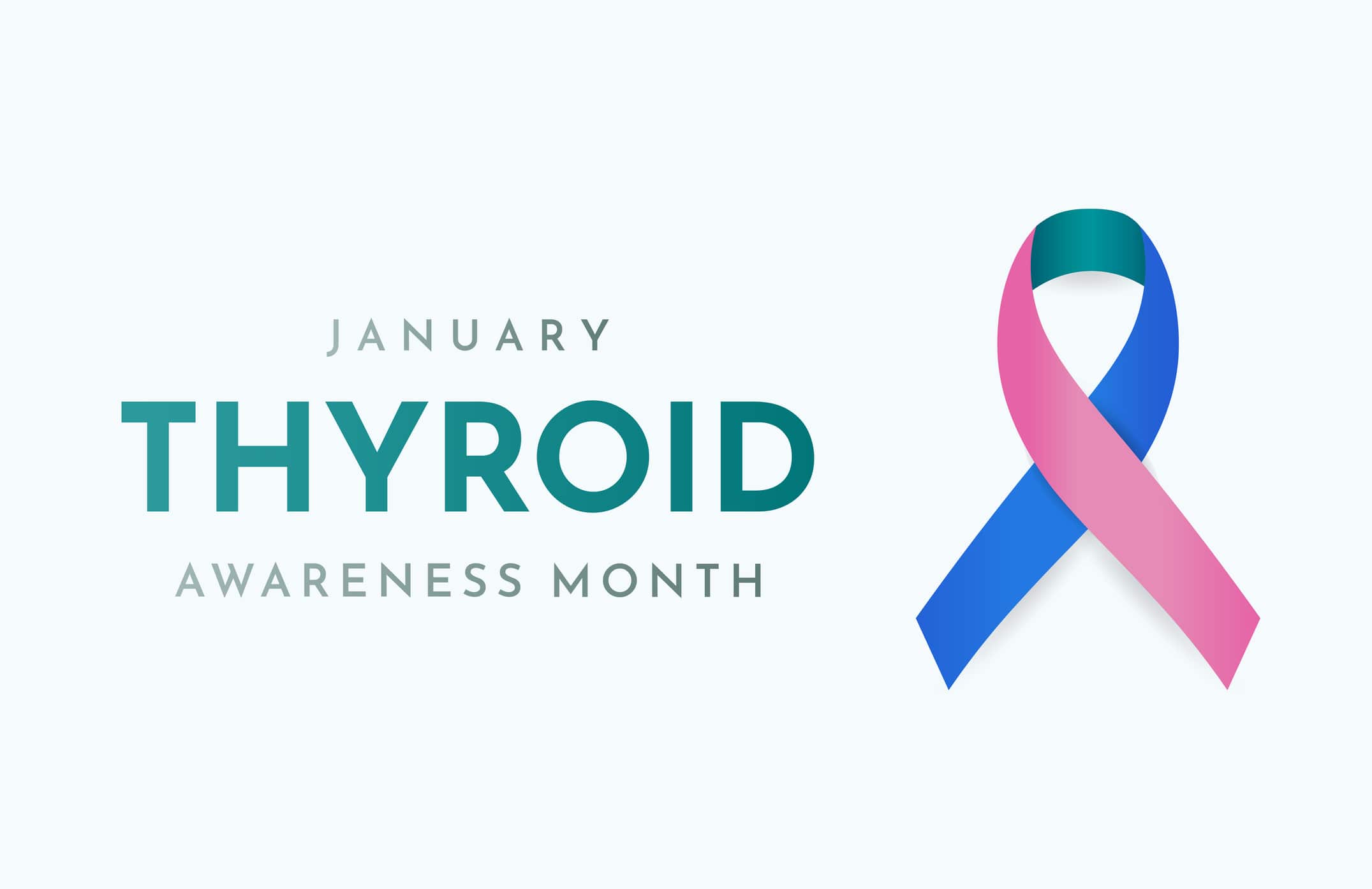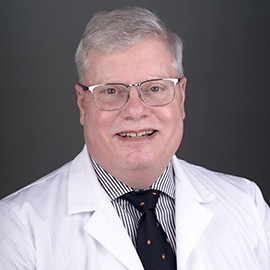
Are you having trouble swallowing? Do you sound hoarse? Or do you feel a lump on your neck? These can be signs of thyroid cancer.
Just below your Adam’s apple or at the base of your neck, there is a butterfly-shaped gland medically known as your thyroid. This gland produces hormones that regulate your metabolism, body temperature, blood pressure and heart rate.
There are four different types of thyroid cancer that differ depending on how aggressive the cancer is:
- Papillary – the most common that can slowly spread to the lymph nodes in the neck
- Follicular – second most common, especially in those that lack iodine and can spread to other parts of the body, such as your bones
- Medullary – this cancer can spread to the lungs or liver and can be difficult to find and treat
- Anaplastic – a very aggressive and rare cancer
There are about 44,280 new diagnoses of thyroid cancer this year in the United States and 2,200 deaths, according to the American Cancer Society, which is why early detection is an important preventative measure to consider in your yearly medical evaluations.
Symptoms of thyroid cancer can appear as a lump/growth or swollen neck (lymph nodes), hoarseness of your voice or pain and difficulty swallowing. Your doctor may order a blood test, such as genetic testing, to find if a mutated gene exists, after completing a physical exam. Other tests that may be ordered include a biopsy of the area, ultrasound and imagining such as an MRI or CT scan.
After a diagnosis has been completed, your provider will then determine the best treatment option for you. Options may include but are not limited to:
- Chemotherapy
- Surgery
- Radiation therapy
- Hormone therapy
At UofL Health – Brown Cancer Center, patients receive tailored customized care and treatment of thyroid cancer with the Multidisciplinary Head and Neck Cancer Clinic and a team of experts. Your care team will ensure you receive the most advanced treatment as being part of an academic health care system.
Do you have more questions about thyroid cancer or about cancer services in general? Be sure to speak with your doctor or provider. Feel free to visit the Brown Cancer Center site for more information about our advanced care.









